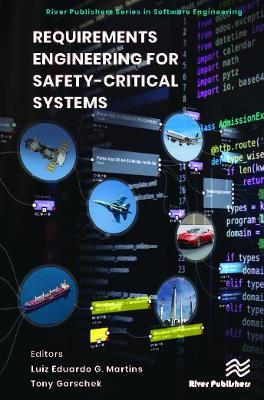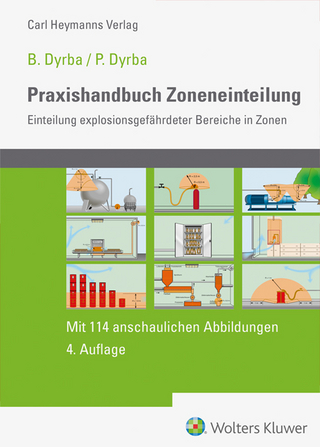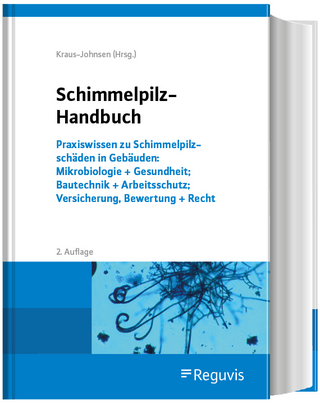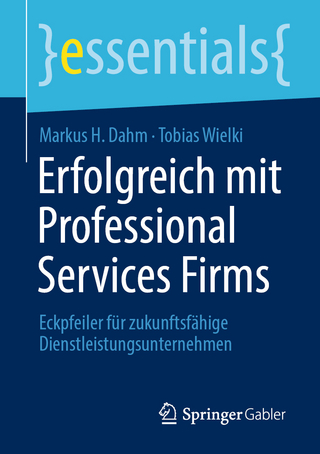
Requirements Engineering for Safety-Critical Systems
River Publishers (Verlag)
978-87-7022-427-7 (ISBN)
Safety-Critical Systems (SCS) are increasingly present in people's daily activities. In the means of transport, in medical treatments, in industrial processes, in the control of air, land, maritime traffic, and many other situations, we use and depend on SCS. The requirements engineering of any system is crucial for the proper development of the same, and it becomes even more relevant for the development of SCS. Requirements Engineering is a discipline that focuses on the development of techniques, methods, processes, and tools that assist in the design of software and systems, covering the activities of elicitation, analysis, modeling and specification, validation, and management of requirements. The complete specification of system requirements establishes the basis for its architectural design. It offers a description of the functional and quality aspects that should guide the implementation and system evolution. In this book, we discuss essential elements of requirements engineering applied to SCS, such as the relationship between safety/hazard analysis and requirements specification, a balance between conservative and agile methodologies during SCS development, the role of requirements engineering in safety cases, and requirements engineering maturity model for SCS. This book provides relevant insights for professionals, students, and researchers interested in improving the quality of the SCS development process, making system requirements a solid foundation for improving the safety and security of future systems.
Luiz Eduardo G. Martins has a PhD in electrical engineering from State University of Campinas (UNICAMP), in Brazil. Dr. Martins is an associate professor of software engineering and embedded systems at Federal University of São Paulo, where he works as a research leader in collaboration with industrial partners in safety-critical systems domain. Dr. Martins has developed several projects in medical devices and aerospace domains. His research interests include requirements engineering, software quality process, model-driven software development, IoT and technological innovation in medical systems. Tony Gorschek is a Professor of Software Engineering at Blekinge Institute of Technology - where he works as a research leader and scientist in close collaboration with industrial partners. Dr. Gorschek has over fifteen years of industrial experience as a CTO, senior executive consultant, and engineer. At present, he works as a research leader and in several research projects developing scalable, efficient, and effective solutions when it comes to software-intensive product and service development. Dr. Gorschek leads the SERT profile (Software Engineering ReThought) – Sweden’s largest software engineering research initiative.
Preface
Acknowledgements
1.Introduction
2.The Role of the Safety and Hazard Analysis
3.Integrating New and Traditional Approaches of Safety Analysis
4.Agile Requirements Engineering
5.A Comparative Study of Requirements-Based Testing Approaches
6.Requirements Engineering in Aircraft Systems, Hardware, Software, and Database Development
7.Generating Safety Requirements for Medical Equipment
8.Meta-Requirements for Space Systems
9.The Role of Requirements Engineering in Safety Cases
10.Safety and Security Requirements Working Together
11.Requirements Engineering Maturity Model for Safety-Critical Systems
| Erscheinungsdatum | 01.12.2021 |
|---|---|
| Reihe/Serie | River Publishers Series in Software Engineering |
| Verlagsort | Gistrup |
| Sprache | englisch |
| Maße | 156 x 234 mm |
| Themenwelt | Technik |
| ISBN-10 | 87-7022-427-7 / 8770224277 |
| ISBN-13 | 978-87-7022-427-7 / 9788770224277 |
| Zustand | Neuware |
| Haben Sie eine Frage zum Produkt? |
aus dem Bereich


